SUMMARY
This is AI generated summarization, which may have errors. For context, always refer to the full article.
The Commission on Human Rights (CHR) on Wednesday, July 15, warned that the plan to let police go “house-to-house” to find and transfer coronavirus patients to government facilities may lead to abuse of Filipinos’ rights.
“The recent pronouncement of the government is susceptible to overreach in terms of guaranteeing the right to privacy and right of individuals to be secure in their abode,” CHR spokesperson Jacqueline de Guia said in a statement.
“Forcible entry and transfer of an individual to an isolation facility under the guise of health and safety must be avoided,” she added.
Interior Secretary Eduardo Año on Tuesday, July 14, announced that the Philippine National Police (PNP) will transfer patients who have no adequate home quarantine area to government facilities. He said police will coordinate with local government units.
But the CHR warned that forcible entry, search, arrest, and seizure of individuals inside their homes without determined probable cause is illegal. Republic Act No. 11332, meanwhile, states that the government shall respect the right to privacy “to the fullest extent possible.” (READ: Unauthorized disclosure of COVID-19 patients’ identities continues)
The pronouncement by Año is the latest in government efforts to implement strict quarantine guidelines amid the pandemic. But this has led to reports of police abuse and brutality since the lockdown started in March. (READ: Policing a pandemic: Philippines still stuck with drug war blueprint)
The CHR’s De Guia reminded the government that protecting public health must not come at the expense of other rights.
“In our efforts to prevent the prolonged spread of the pandemic, we urge the government to be more circumspect in enacting contact tracing actions and refrain from utilizing sweeping measures that may lead to the diminution of the rights of individuals,” she said.
“As all human rights are interrelated and interdependent, the protection of all rights must be balanced.” – Rappler.com
Add a comment
How does this make you feel?

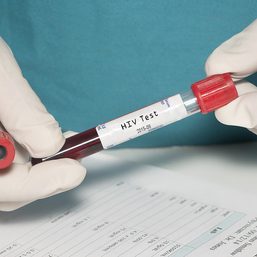
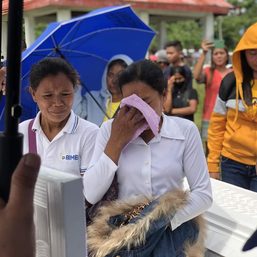
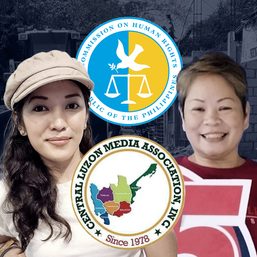
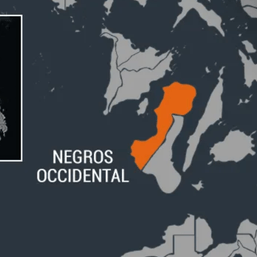


![[Time Trowel] Evolution and the sneakiness of COVID](https://www.rappler.com/tachyon/2024/02/tl-evolution-covid.jpg?resize=257%2C257&crop=455px%2C0px%2C1080px%2C1080px)



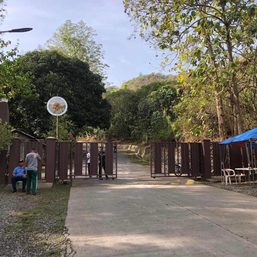
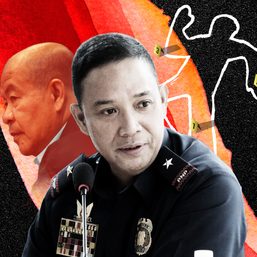
![[EDITORIAL] Bakit hindi mahuli-huli si Apollo Quiboloy?](https://www.rappler.com/tachyon/2024/04/animated-quiboloy-investigation-april-2024-carousel-edit.jpg?resize=257%2C257&crop_strategy=attention)
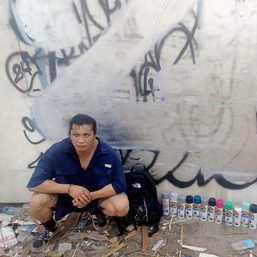
There are no comments yet. Add your comment to start the conversation.